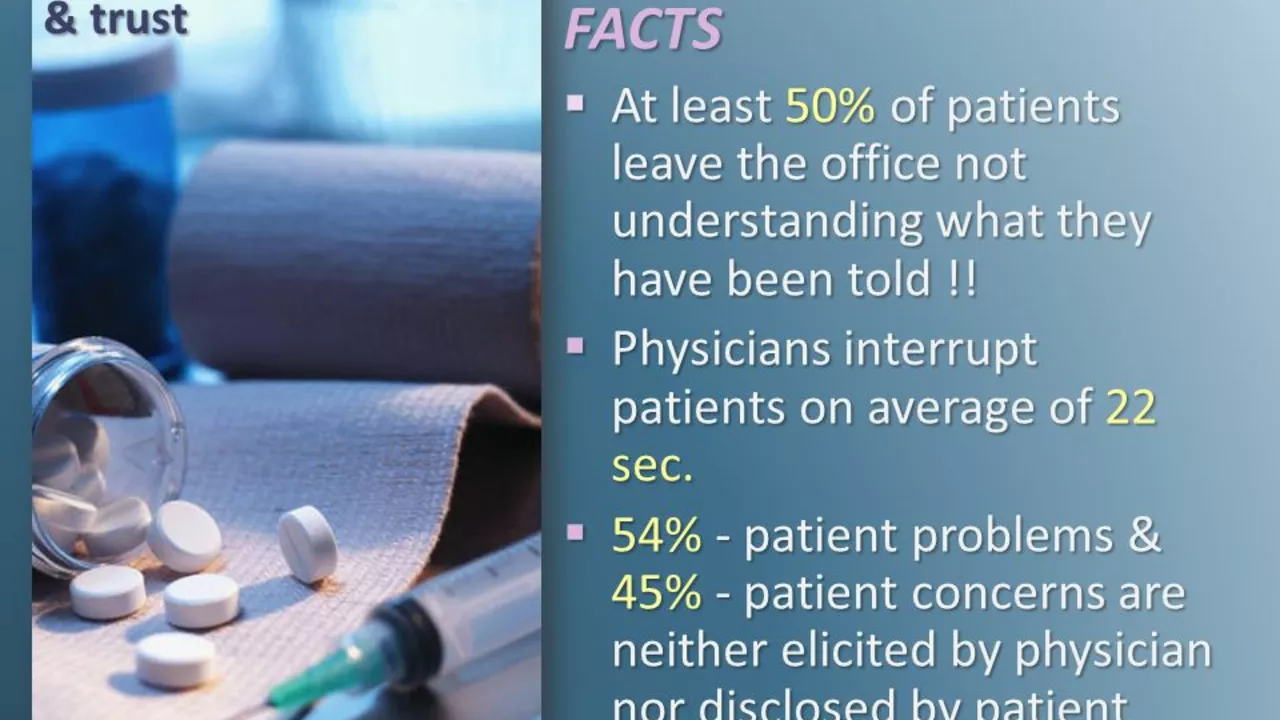Understanding Orlistat: How Does It Work?
Before diving into the long-term effects of Orlistat, it's essential to understand how this weight loss drug works. Orlistat is a lipase inhibitor, which means it prevents the absorption of fats from the food we consume. It does this by blocking the enzyme lipase, which is responsible for breaking down fats in our digestive system. As a result, the unabsorbed fats are excreted from the body, leading to weight loss.
Orlistat is commonly prescribed to individuals struggling with obesity and is usually taken in conjunction with a low-fat diet and regular exercise. While most people experience some degree of weight loss with Orlistat, it's crucial to note that this medication is not a magic pill. Rather, it is meant to be a supportive tool for those committed to making healthier lifestyle choices.
Long-Term Weight Loss: Can Orlistat Help Maintain Results?
One of the primary concerns for those considering Orlistat is the ability to maintain weight loss over a prolonged period. Many people experience initial success with weight loss medications, only to regain the lost weight once they stop taking the drug. The good news is that Orlistat has been shown to help individuals maintain their weight loss over time.
Several studies have demonstrated that those who continue to take Orlistat for an extended period (up to two years) tend to maintain their weight loss better than those who discontinue the medication. This suggests that Orlistat may be an effective tool for long-term weight management when combined with a healthy diet and regular exercise.
Assessing the Safety of Prolonged Orlistat Use
As with any medication, it's crucial to consider the safety of long-term Orlistat use. While most people tolerate the drug well, there are some potential side effects and risks associated with its prolonged use.
Common side effects of Orlistat include gastrointestinal issues such as gas, oily spotting, and frequent, loose stools. While these side effects can be uncomfortable, they are generally not harmful and can be managed by adhering to a low-fat diet. Additionally, some individuals may experience nutrient deficiencies, particularly in fat-soluble vitamins (A, D, E, and K), due to the reduced fat absorption caused by Orlistat. To address this concern, healthcare providers often recommend taking a daily multivitamin while using the medication.
Less common but more serious side effects may include liver injury, kidney stones, and gallbladder issues. While these occurrences are rare, it's crucial to monitor your health closely while taking Orlistat and report any concerning symptoms to your healthcare provider.
The Importance of Regular Monitoring and Follow-Up
For those considering long-term Orlistat use, regular monitoring and follow-up with a healthcare provider are essential. Your provider will likely want to track your weight loss progress, evaluate any side effects, and monitor your overall health to ensure the medication is both safe and effective for you.
Additionally, your healthcare provider may recommend adjusting your Orlistat dosage or discontinuing the medication altogether if they determine it is no longer beneficial or safe for you. It's crucial to maintain open communication with your healthcare team and follow their recommendations to ensure the best possible outcome for your weight loss journey.
Conclusion: Balancing the Benefits and Risks of Long-Term Orlistat Use
Ultimately, the decision to use Orlistat long-term should be made in consultation with your healthcare provider. While the medication has been shown to help maintain weight loss over time, it's essential to weigh the potential benefits against the risks and side effects associated with prolonged use.
By closely monitoring your health, working with your healthcare team, and maintaining a commitment to a healthy lifestyle, you can make an informed decision about whether Orlistat is the right choice for you. Remember, weight loss is a journey, and finding the tools and strategies that work best for you is key to achieving lasting success.



Prema Amrita
Orlistat isn't magic it's just a fat blocker. The real work is diet and movement. I've seen people lose weight with it then gain it all back because they went back to fried chicken and soda. No pill replaces discipline.
Simple as that.